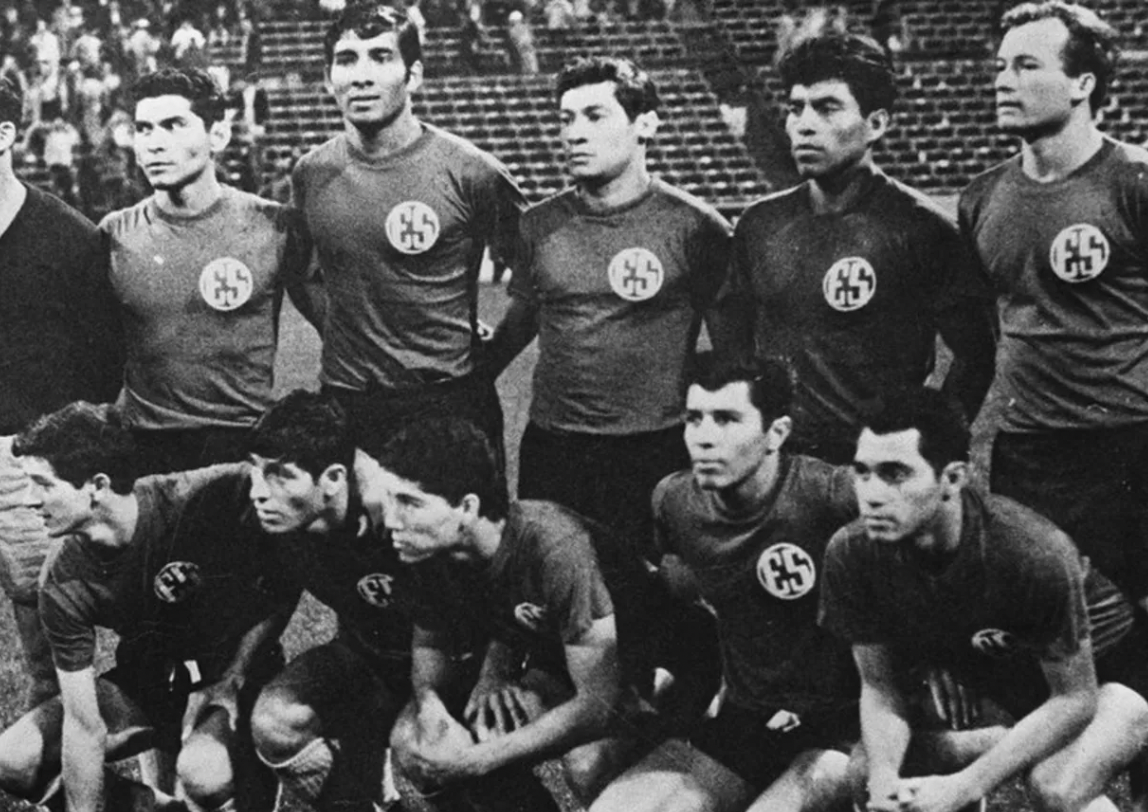The Football War, 1969 - Honduras: The Cabinet of General Oswaldo López Arellano
APPROXIMATE COMMITTEE SIZE: 25 DELEGATES
Honduras is at an inflection point– as they enter a period of instability, several key domestic and international trends are having a significant impact on the country’s state of affairs. Long-standing land inequality has given rise to class tension and a general sense of economic unease, which was exacerbated by chronic unemployment. With the country on the verge of financial calamity, a sense of nationalism has erupted, especially given that much of the country blamed its woes on the malicious acts of nearby states.
This growing nationalism is not rhetorical whatsoever, as it has begun to shape policy and public sentiment in tangible ways. Border tensions with El Salvador have intensified as Honduran leaders leverage external scapegoats to deflect attention from internal dysfunction. Amid widespread public frustration, calls for government decisiveness are mounting.
Therefore, the job of the Honduran government is simple– to ensure that the sentiments of unease being cultivated among its populace continue to be pointed outward, and that patriotic sentiments remain high. Options that the country’s leaders are considering include emphasizing threats to their sovereignty and pursuing territorial expansion, all with an eye on unifying their population. Moreover, the Honduran government must also act fast to ensure that they are taking action to solve the pressing economic and social problems facing the country, and time is of the essence.
CRISIS MANAGER: SILO KIM
CHAIR: AMY LIU
ISSUES TO CONSIDER
Cultivating Nationalist Sentiment
Repairing the Financial Situation
Carefully Balancing Conflict
LEARNING OBJECTIVES
Explore how deeply rooted land inequality and economic fragility contributed to nationalist sentiment and policy decisions in Honduras during the conflict.
Evaluate how governments use sovereignty and territorial rhetoric to unify populations in times of uncertainty, especially when facing internal unrest.
Reflect on how small states navigate regional tensions without compromising humanitarian responsibilities or exacerbating existing inequalities.
About the Chair
Amy Liu is a member of the Class of 2027 in Georgetown’s McDonough School of Business majoring in Business and Global Affairs and minoring in Statistics. She is from San Jose, California and competed in Model UN throughout high school, even competing in NAIMUN in her senior year. This is her third year staffing NAIMUN! At Georgetown, Amy is involved with The Corp, Product Space, and the Asian American Students Association. In her free time, Amy enjoys exploring cafes around DC, graphic design, and eating way too much Chipotle. Amy is excited to be your chair and bring this NSA to life!
About the Crisis manager
Silo Kim is a member of the class of 2027 at Georgetown’s College of Arts and Sciences studying Government. He is from Ellicott City, Maryland and was the president of his high school’s Model UN Team. He joined NAIMUN as he was a competitor in the past and wanted to give back to the program. Silo likes to read and listen to music. His current album of the month is Balloonerism by Mac Miller.



